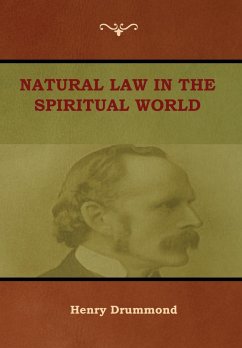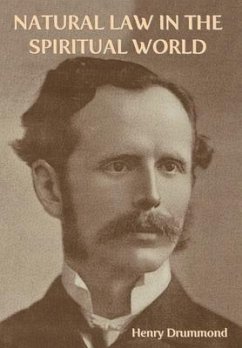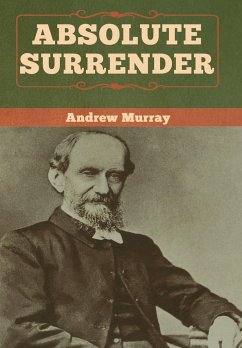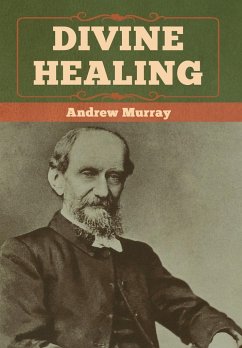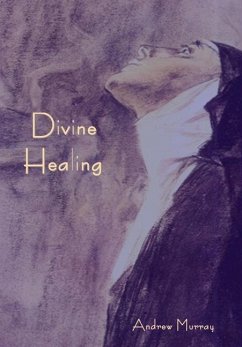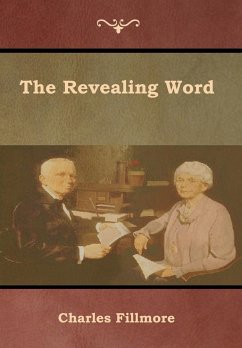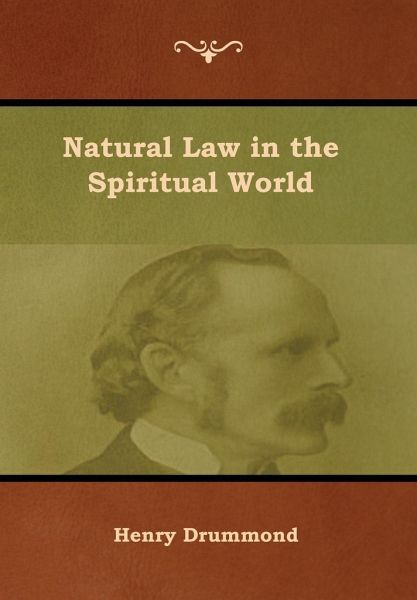
Natural Law in the Spiritual World
Versandkostenfrei!
Versandfertig in über 4 Wochen
25,99 €
inkl. MwSt.

PAYBACK Punkte
13 °P sammeln!
Henry Drummond (1851 - 1897) was a Scottish evangelist, writer and lecturer, born in Stirling. He was educated at Edinburgh University, where he displayed a strong inclination for physical and mathematical science. The religious element was an even more powerful factor in his nature, and disposed him to enter the Free Church of Scotland. While preparing for the ministry, he became for a time deeply interested in the evangelizing mission of Moody and Sankey, in which he actively co-operated for two years. In 1877 he became lecturer on natural science in the Free Church College, which enabled hi...
Henry Drummond (1851 - 1897) was a Scottish evangelist, writer and lecturer, born in Stirling. He was educated at Edinburgh University, where he displayed a strong inclination for physical and mathematical science. The religious element was an even more powerful factor in his nature, and disposed him to enter the Free Church of Scotland. While preparing for the ministry, he became for a time deeply interested in the evangelizing mission of Moody and Sankey, in which he actively co-operated for two years. In 1877 he became lecturer on natural science in the Free Church College, which enabled him to combine all the pursuits for which he felt a vocation. His studies resulted in his writing Natural Law in the Spiritual World, the argument of which is that the scientific principle of continuity extends from the physical world to the spiritual. Before the book was published in 1883, an invitation from the African Lakes Company drew Drummond away to Central Africa. On his return in the following year he found himself famous. Large bodies of serious readers, among the religious and the scientific classes alike, discovered in Natural Law the common standing-ground which they needed; and the universality of the demand proved, if nothing more, the seasonableness of its publication. Drummond continued to be actively interested in missionary and other movements among the Free Church students. In 1888 he published Tropical Africa, a valuable digest of information. In 1890 he travelled in Australia, and in 1893 delivered the Lowell Lectures at Boston. It had been his intention to reserve them for mature revision, but an attempted piracy compelled him to hasten their publication, and they appeared in 1894 under the title of The Ascent of Man. Their object was to vindicate for altruism, or the disinterested care and compassion of animals for each other, an important part in effecting the survival of the fittest, a thesis previously maintained by Professor John Fiske. Drummond's character was full of charm. His writings were too nicely adapted to the needs of his own day to justify the expectation that they would long survive it, but few men exercised more religious influence in their own generation, especially on young men. The name Henry Drummond was used for the character resembling Clarence Darrow in the popular American play about the Scopes/Monkey trial, Inherit the Wind by Robert E. Lee and Jerome Lawrence. (wikipedia.org)



